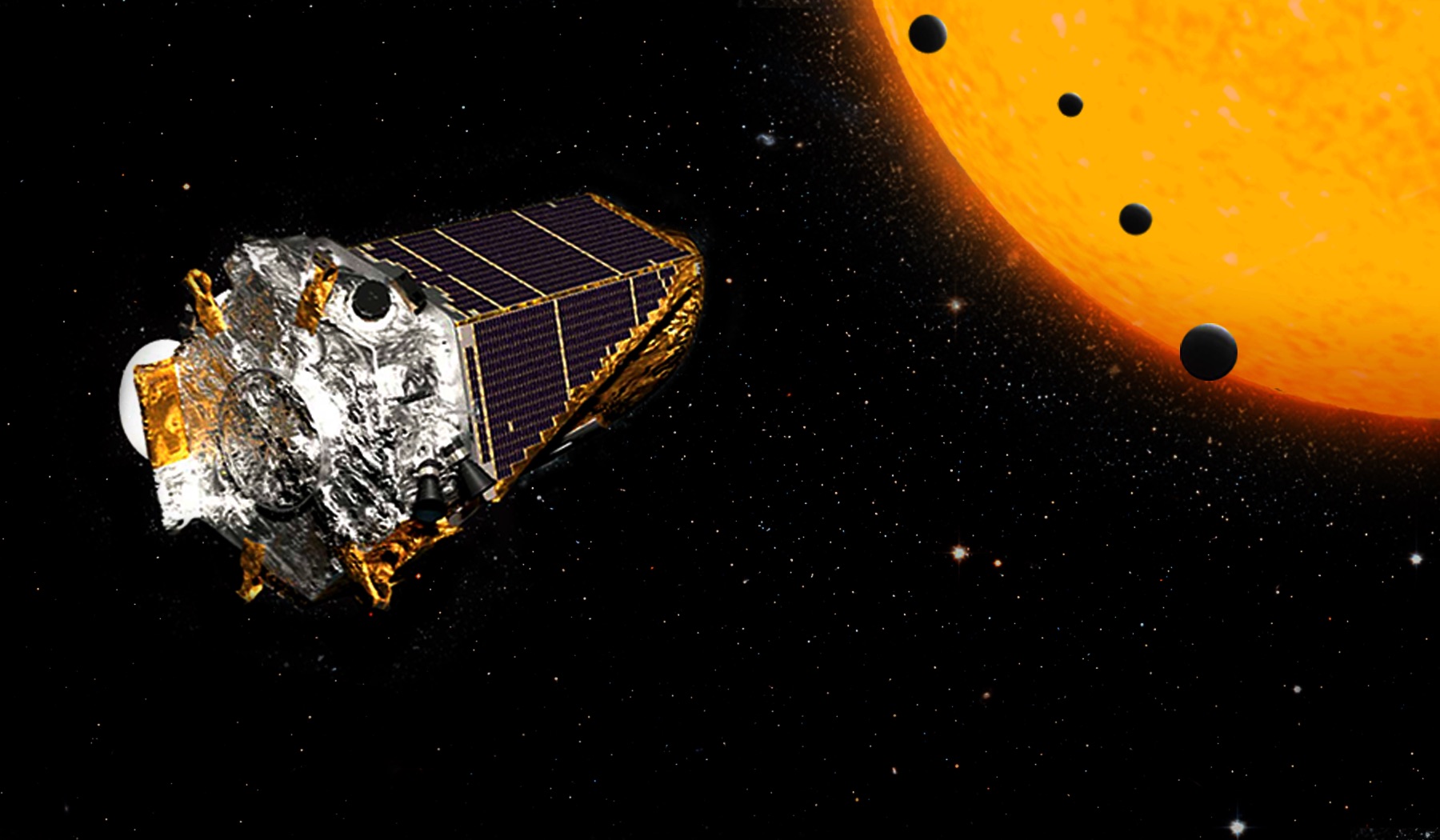Nasa and Google uncover solar system similar to our own
Scientists have used artificial intelligence to discover an eighth planet circling a distant star

A free daily email with the biggest news stories of the day – and the best features from TheWeek.com
You are now subscribed
Your newsletter sign-up was successful
Nasa has announced that its Kepler space telescope has found an alien solar system with as many planets as our own.

The eight worlds were found to be orbiting a previously identified star called Kepler-90, The Independent reports. The star has similar characteristics to our own sun.
While the star and its family of planets were already “known about”, says the Independent, the breakthrough came when scientists found the eighth and final world.
The Week
Escape your echo chamber. Get the facts behind the news, plus analysis from multiple perspectives.

Sign up for The Week's Free Newsletters
From our morning news briefing to a weekly Good News Newsletter, get the best of The Week delivered directly to your inbox.
From our morning news briefing to a weekly Good News Newsletter, get the best of The Week delivered directly to your inbox.
According to Alphr, the discovery means the distinct solar system is similar to our own in having the highest number of planets orbiting a single star.
Nasa says the exoplanet, which has been dubbed Kepler-90i, is both “rocky” and “sizzling hot.” It orbits the host star once every 14.4 days.
Andrew Vanderburg, a researcher at Nasa, says: “The Kepler-90 star system is like a mini version of our solar system. You have small planets inside and big planets outside, but everything is scrunched in much closer.”
The exoplanet was discovered using Google’s artificial intelligence (AI) systems, the US space agency says. These were trained by scientists to identify alien planets through data gathered by the Kepler telescope.
A free daily email with the biggest news stories of the day – and the best features from TheWeek.com
Since the Kepler mission launched in 2009, Forbes says the telescope has gathered data on around 150,000 stars.
It’s almost impossible for scientists to manually sift through these findings, the website says, but the process is made possible thanks to Google’s AI programme.
Nasa to announce ‘breakthrough’ discovery
12 December
Nasa will this week reveal a “breakthrough discovery” in its hunt for planets containing life, the space agency has announced.
The discovery has been made using Nasa’s Kepler telescope - a space observatory launched in 2009 to find planets that can support life - and artificial intelligence (AI) systems from Google, The Independent reports.
Little is known about Google’s involvement with Nasa, but according to the International Business Times, the tech giant’s AI may have been used to develop “a new way of analysing data from the Kepler spacecraft”.
Nasa says Google’s AI operates by employing machine learning, a process where the programme teaches itself how to analyse data.
“Google’s machine learning approach to artificial intelligence is considered the world’s pioneering application in the field,” adds the IBS website.
Tech Times says the Kepler telescope has already found “several planets” that could support life.
These planets are located in an area referred to as the Goldilocks Zone, where it is “neither too hot nor too cold to allow liquid water to flow”, the site says.
However, many such planets are too far away for Nasa to launch a satellite or crewed missions to investigate them.
Nasa’s news conference will be live-streamed on its website on 14 December at 6pm GMT.